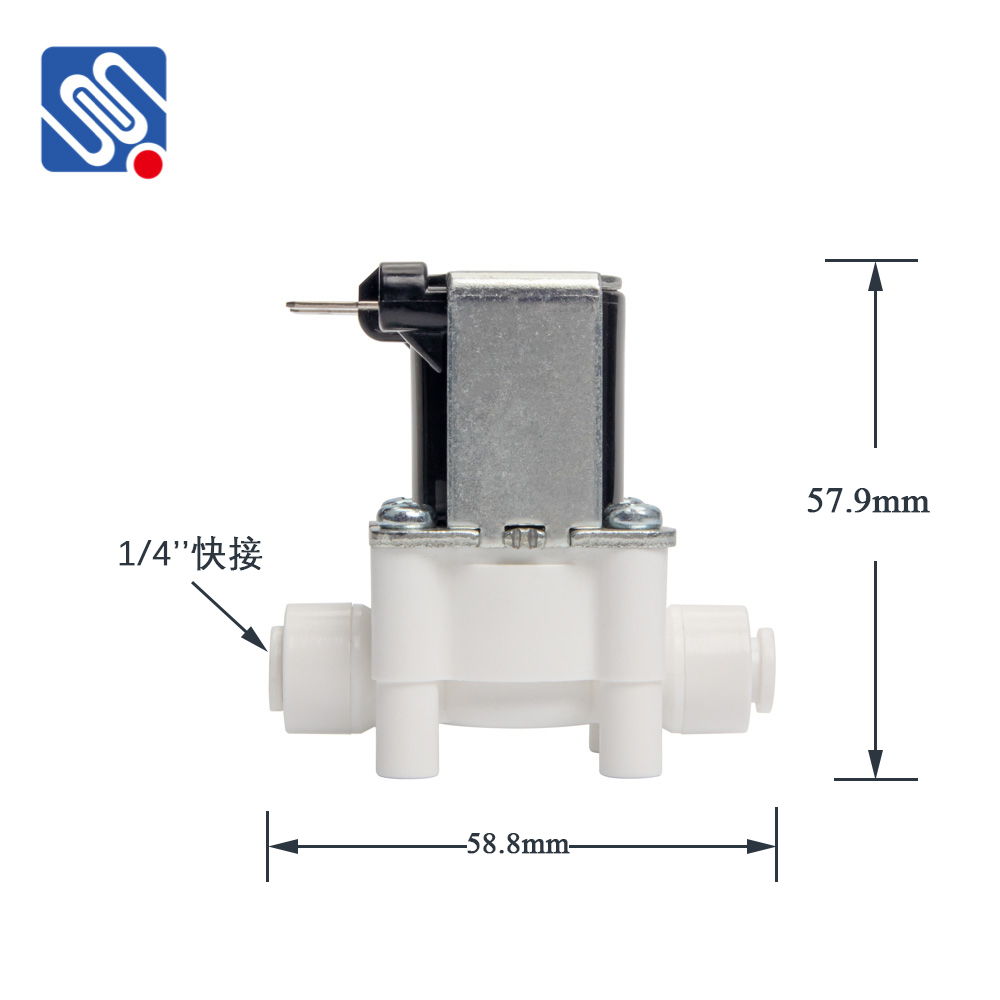A solenoid valve is an electromechanically operated valve used for controlling the flow of liquids or gases. Among the various types of solenoid valves, the Normally Closed (NC) Solenoid Valve plays a crucial role in many industrial applications due to its efficient design and reliable operation. In this article, we will explore the basic operation, common applications, and the advantages of using Normally Closed Solenoid Valves.

What is a Normally Closed Solenoid Valve? A Normally Closed Solenoid Valve is a type of valve that remains closed under normal conditions when the solenoid coil is not energized. The valve is controlled by an electric current that energizes the solenoid, which then opens the valve and allows fluid or gas to pass through. Once the current is turned off, the solenoid coil de-energizes, and a spring or other mechanical mechanism closes the valve, stopping the flow of the medium. The operating mechanism of an NC solenoid valve is relatively simple. When electricity is applied to the solenoid, it generates a magnetic field that pulls a plunger or armature. This movement opens the valve, allowing fluid or gas to flow. When the electric current is removed, the magnetic field collapses, and the valve returns to its default closed position due to the spring or another return mechanism.
Leave a Reply